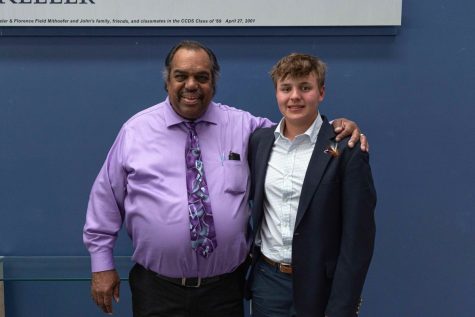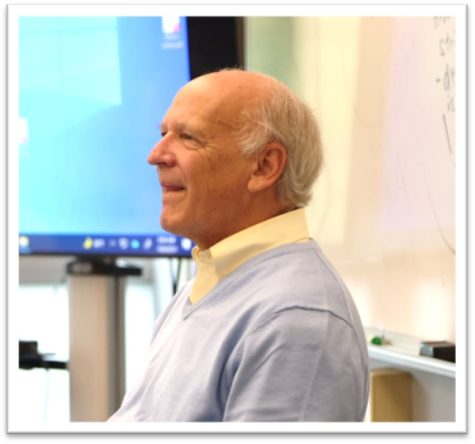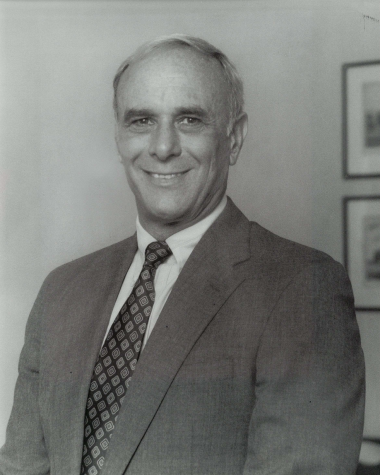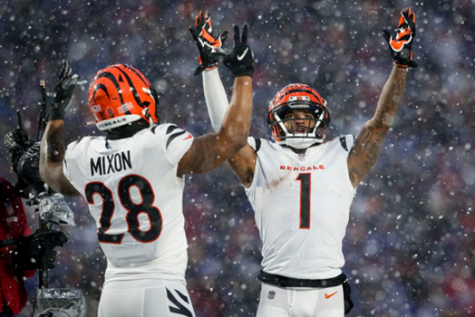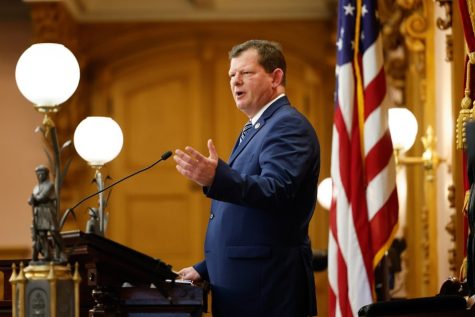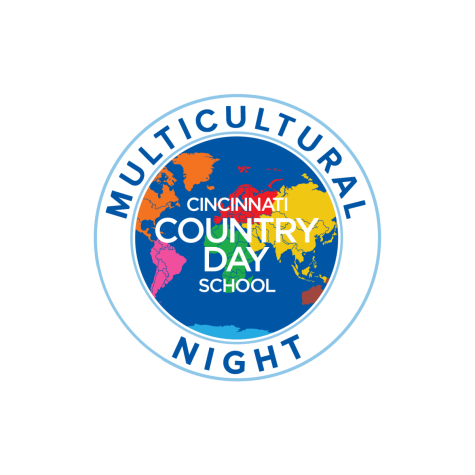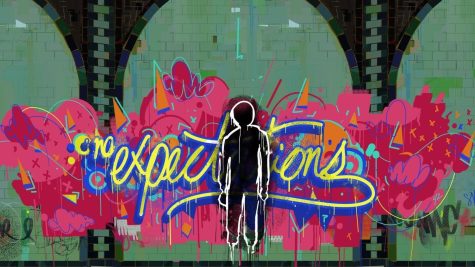December Holidays

December 15, 2022
As we all know, December is a very busy month, especially for students. With midterms looming overhead, it can be hard to find time to relax and enjoy what December brings. December is packed filled with different holidays of different religions and beliefs. In this article, I will be describing and explaining six different holidays that take place in the month of December (and late November).
Christmas: December 25th
I’m sure all of us are aware of Christmas and what it means. In the Christian faith, Christmas is the celebration of the birth of Jesus Christ. After a long journey to Bethlehem, Mary and Joseph take shelter in a stable, and Jesus was born.
Different countries around the world celebrate in many different ways. In America, Christmas trees are put up and decorated, children are visited by Santa Claus, and the dream is a snowy white winter wonderland. In the UK, instead of leaving cookies and milk for Santa, children leave mince pies and brandy. In Australia, Christmas takes place during the summertime. It is common for families to go camping or on holiday to the beach to celebrate. In Iceland, there are actually 13 Santa-like figures called the Yule Lads. During the 13 days leading up to Christmas, the Yule Lads arrive each night leaving small gifts in shoes on window sills.
Hanukkah: November 28th-December 6th
Hanukkah is an 8-day Jewish celebration to commemorate the rededication of the Second Temple in Jerusalem following the Maccabean Revolt. It was said to be a miracle that Judas, entering the Second Temple, found only enough oil to keep a candle lit for one night, but it burned for 8 nights, thus why the celebration lasts 8 days.
The Festival of Lights marks the beginning of Hanukkah on the 25th of Kislev of the Hebrew calendar. On each of the 8 nights, another candle is lit and added to the menorah after sundown. The 9th candle in the middle is called the shamash (helper) and is used to light the others. Common celebrations include blessings, food (latkes and sufganiyot), playing with dreidels, and exchanging gifts.
Kwanzaa: December 26th-January 1st
In 1966, Dr. Manulana Karenga created the celebration of Kwanzaa. After researching the African “first fruit” celebration, he decided to combine several different harvest celebrations to create Kwanzaa.
During these seven nights, families gather together and a child lights one of the candles on the Kinara, then one of the seven principles (which the candles represent). Celebrations often include songs and dances, African drums, storytelling, poetry reading, and a large feast. On December 31st, marking the last night of Kwanzaa, a feast called Karamu is held.
Rohatsu: December 8th
This Buddhist holiday is held on December 8th and marks the Buddahs decision to vow and sit under the Bodhi tree until he reached the point of enlightenment.
Meditation is the most common way of celebrating this holiday. Many people stay up the entire night to meditate, called a sesshin. It is embraced very similarly to how Christians celebrate Christmas.
Yule: December 21st
Yule is a Pagan holiday recognizing the significant turning point of the calendar year. It is often celebrated on the Winter Solstice, which is the shortest day of the year. For many people, Yule symbolizes rebirth and and the renewal of the cycle of life. While Yule can be a widely celebrated holiday, there are many different perspectives and traditions that people follow. Overall, Yule is a celebration of the upcoming New Year and reflection of the old one.
As a celebration, a tree is decorated outdoors, symbolizing the birth of the Sun God (in Celtic tradition) and gifts are offered. Yule logs can also be burned to worship gods (because different people regonize/worship different gods) that symbolize the sun and light.
Zarathosht Diso: December 26th
This Zoroastrianism holiday commemorates the death of Prophet Zarathushtr, the founder of Zoroastrianism. Zoroastrianism is one of the world’s oldest monotheistic religions honoring Ahura Mazda.
This holiday is celebrated by visiting a fire temple and offering many prayers. As it commemorates the death of its founder, Zarathosht Diso is a solemn occasion, so nothing elaborate and celebratory is planned.
Although there are many more celebrations and holidays in the month of December, these are the ones I found during my research that stood out to me. If you celebrate any of these holidays, I hope you having a wonderful time doing so, and spend time with your loved ones. Happy December everyone, and good luck with midterms!
Sources:
https://worldstrides.com/blog/2015/12/december-holidays-around-the-world/
https://www.sagedining.com/blog/post/154604/december-religious-and-cultural-holidays
https://www.deseret.com/2018/11/27/20577947/12-religious-holidays-believers-celebrate-in-december
https://www.wrtv.com/lifestyle/holiday/religious-and-cultural-holidays-celebrated-in-december
https://www.worldhistory.org/Wheel_of_the_Year/
https://en.wikipedia.org/wiki/Wheel_of_the_Year#Winter_Solstice_(Yule)



